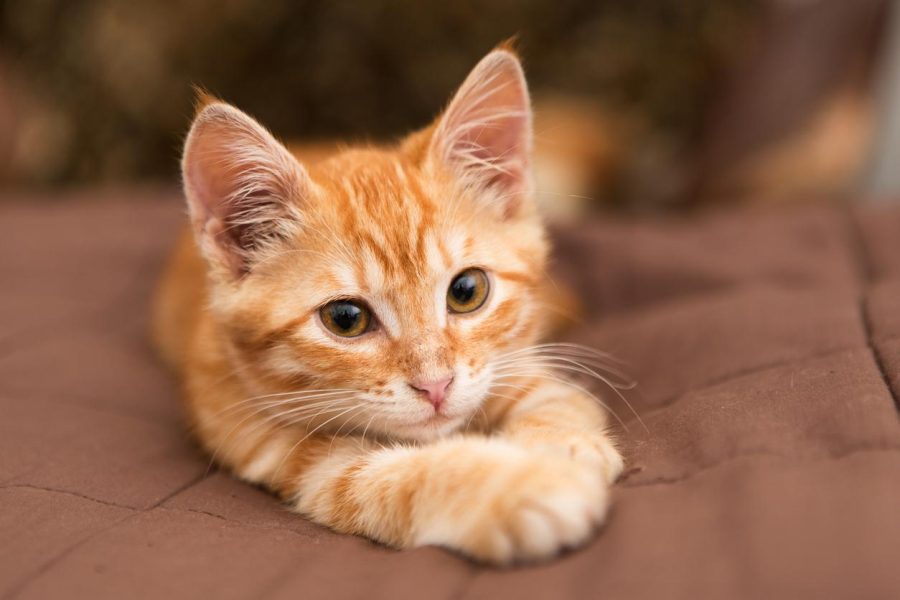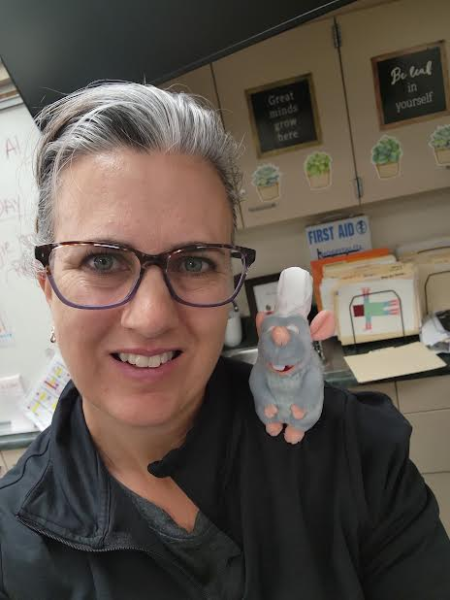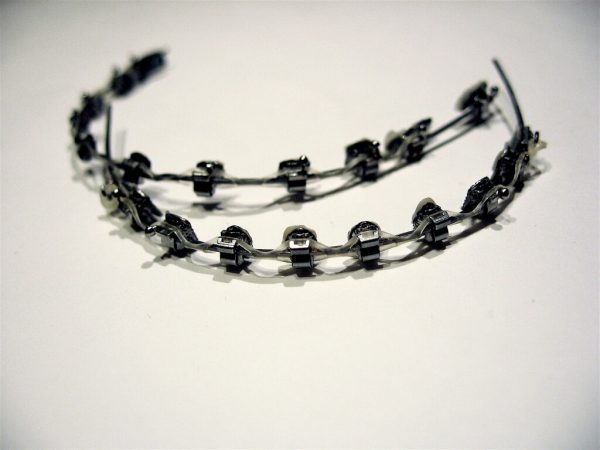Hypoallergenic Cats Coming Soon!
April 20, 2022
Many people desire to own a furry friend but some can’t due to allergies to pet dander, saliva, etc. Not too long ago, breeders discovered that some normal breeds and crossbreeds are more compatible with those who have allergies. This made many people happy as they could own a dog despite their sensitivity. Now scientists armed with gene-editing technology have deleted allergy triggering genes in cats making them a few steps away from becoming completely allergen-free.
According to allthatsinteresting.com, “…the Virginia-based company InBio have already made serious strides in this endeavor. With a modern gene-editing tool called CRISPR, they’ve managed to block cat cells in a lab from producing the Fel d 1 protein, which is responsible for 95 percent of allergic reactions to cats.” The protein is produced from feline tears and saliva and ends up on their fur when they groom themselves. Even though removing it from cells is easier than removing it from a living organism, InBio research scientist Nicole Brackett plans to extract it with a quick injection. As written in allthatsinteresting.com, “‘From a consumer/patient perspective, [creating hypoallergenic] cats would be largely cost-prohibitive,” said Brackett. “We also think it would be more practical from a commercial standpoint, as well as more ethical, to develop a treatment that is administered to existing cats rather than breeding and selling allergen-free cats.’”
CRISPR stands for “clustered regularly interspaced short palindromic repeats.” It is a powerful tool and shows promise, as it can destroy DNA. The inventors who created it, Emmanuelle Charpentier and Jennifer Doudna received a Nobel Prize in the category of chemistry in 2020. The goal for InBio is to create cats that produce little to no Fel d 1. After analyzing the DNA of 50 cats, they discovered that 2 proteins cause allergic reactions and that these proteins won’t compromise the survival of our pawsome pals.
Currently, the team doesn’t know the reason why cats produce these proteins. The two genes that secrete the protein CH1 and CH2 were discovered to not be necessary through immense differences in wild cats like tigers and lions. In the lab removing Fel d 1 from the cat cells did not cause any side effects. A few breeds like Balinese are not completely hypoallergenic but have been found to produce smaller amounts of Fel d 1 than other breeds. These types are in high demand for people who have allergies. InBio wants to provide all breeds of cats to allergic pet-lovers. Siberian, Oriental Shorthair, Devon Rex, etc are a few breeds that are comparatively hypoallergenic in comparison to other breeds.
To conclude, hypoallergenic cats are still in the making. Even though we can’t adopt these cats right now, we are closer to bringing them into reality. With CRISPR we can have pets that are 100% hypoallergenic.






































